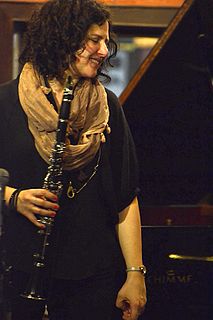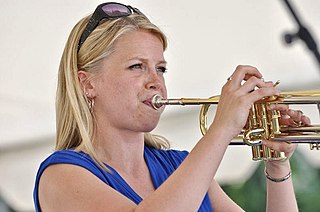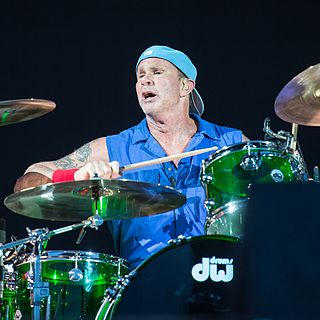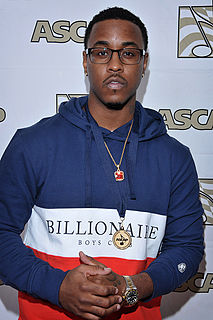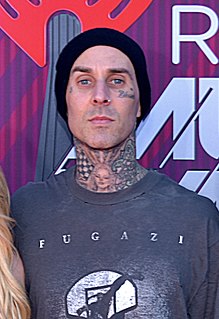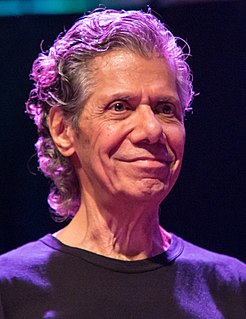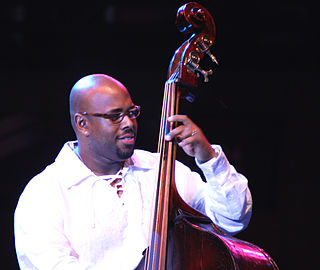A Quote by Angus Young
Over the years, the critics have said, 'They never change.' Maybe the little guy's got a new color of school uniform. I always thought, 'Well, what were we going to change into?' A jazz band? A keyboard band?
Related Quotes
It isn't necessary to be an untouchable rock-icon guy surrounded by bodyguards and be ushered in and out and have everyone do everything for you. It isn't necessary to change the way you present your band to the public just because you're successful. That happened a lot in the '80s: there was a school of thought that said people would like you more if you acted like you were the unattainable star.
I haven't got a great jazz band and I don't want one. Some of the critics, Down Beat's among them, point their fingers at us and charge us with forsaking real jazz . . . It's all in what you define as 'real jazz.' It happens that to our ears harmony comes first. A dozen colored bands have a better beat than mine. Our band stresses harmony.
Usually when I start a new project there's a fear of the unknown; maybe it's a band I've never been in the studio with before. People are so different. It's almost like you need to go through the process, discover and unlock what it is that makes that band that band. And a lot of times they don't know it.
My dad was all about music. He was a musician, leading a band when I was born. His band was active all through the 40s. He'd started it in the late 20s and 30s. According to the scrapbook, his band was doing quite well around the Boston area. During the Depression they were on radio. It was a jazz-oriented band. He was a trumpet player, and he wrote and arranged for the band. He taught me how to play the piano and read music, and taught me what he knew of standard tunes and so forth. It was a fantastic way to come up in music.


